Which Type of U.S. Scholar Award is Right for Me?
The Fulbright U.S. Scholar Program offers more than 380 awards in more than 120 countries for U.S. citizens to teach, conduct research, and carry out professional projects around the world. College and university faculty, research and development professionals, as well as artists and professional practitioners from a wide range of fields can join nearly 450,000 Fulbrighters who have come away with enhanced skills, new connections, and greater mutual understanding.
For the full list of our award offerings, visit the U.S. Scholars Awards Search. Location, activity type, and eligibility vary across awards. Some awards may be restricted to certain career profiles or disciplines. Awards range from a few months to a full year. Each award outlines the duration and potential start dates, and some offer a Flex option for multiple visits to the host country. All of this information and more is available in the award description.
The U.S. Scholar Program includes the following Award Types:
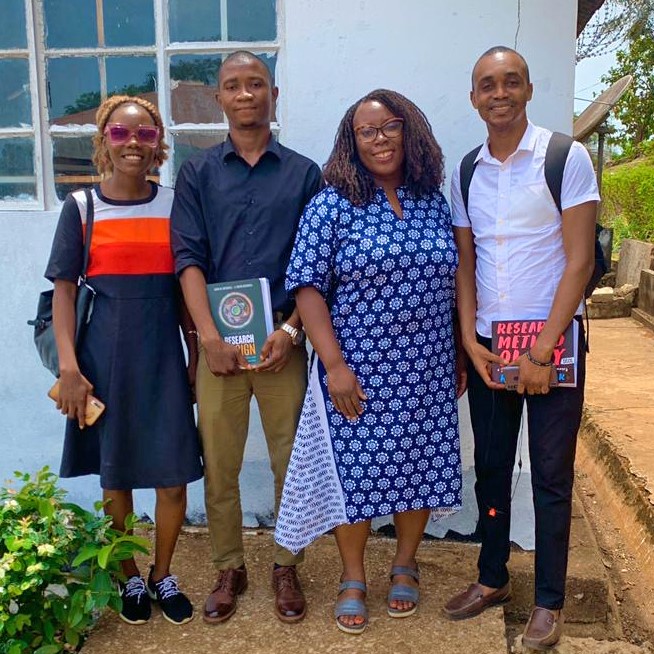
Fulbright Scholar Awards comprise the bulk of awards offered and include opportunities for professionals, artists, and scholars at all career levels. These include opportunities to pursue a project in multiple countries and world regions, such as the Global Scholar Award.
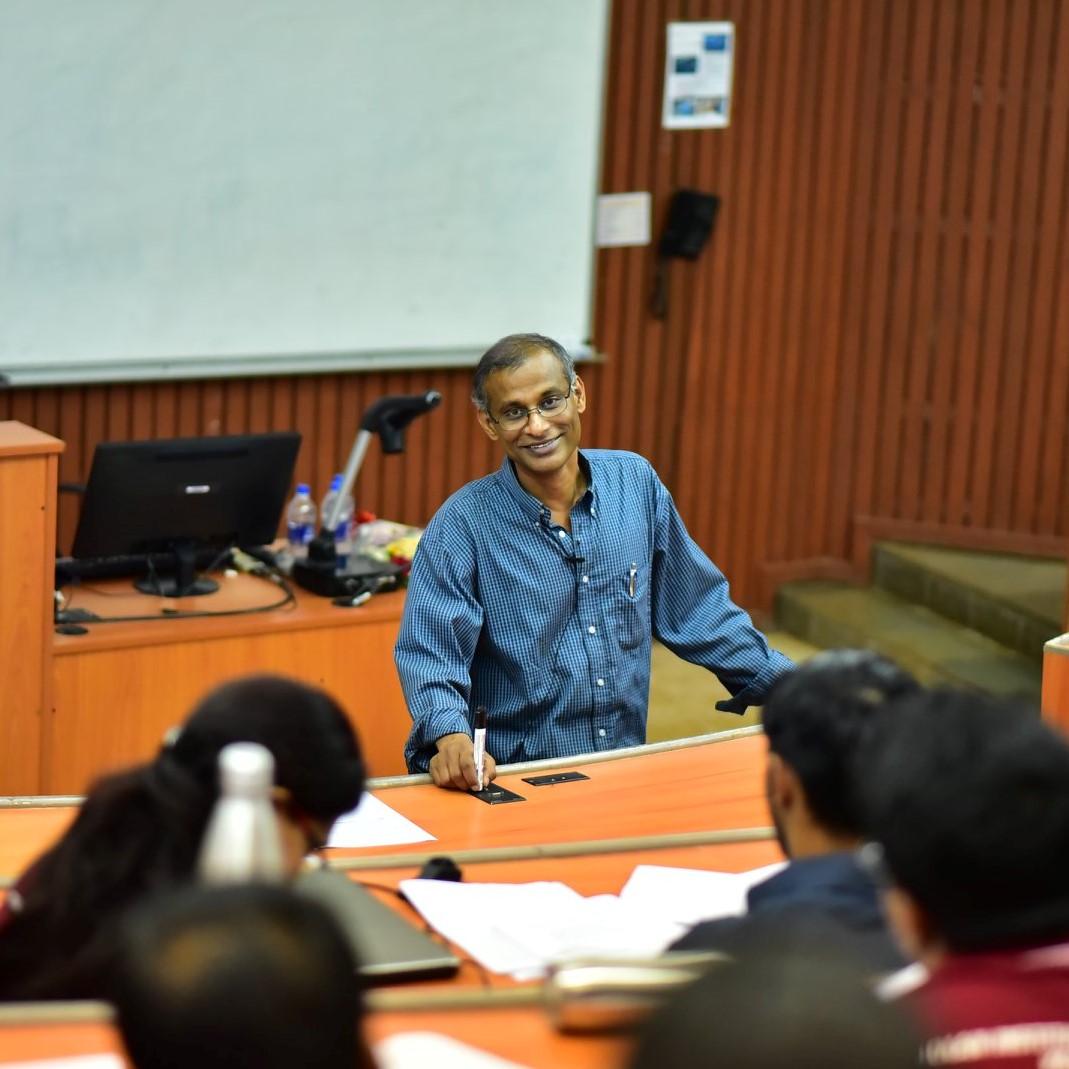
Fulbright Distinguished Scholar Awards are open to scholars who have more than seven years of experience in their discipline or area of expertise, though some awards may further restrict eligibility. Mid-career, senior academics, and professionals may want to consider these awards. Distinguished Scholars are expected to actively engage host institutions in a spirit of promoting mutual understanding and sharing knowledge.
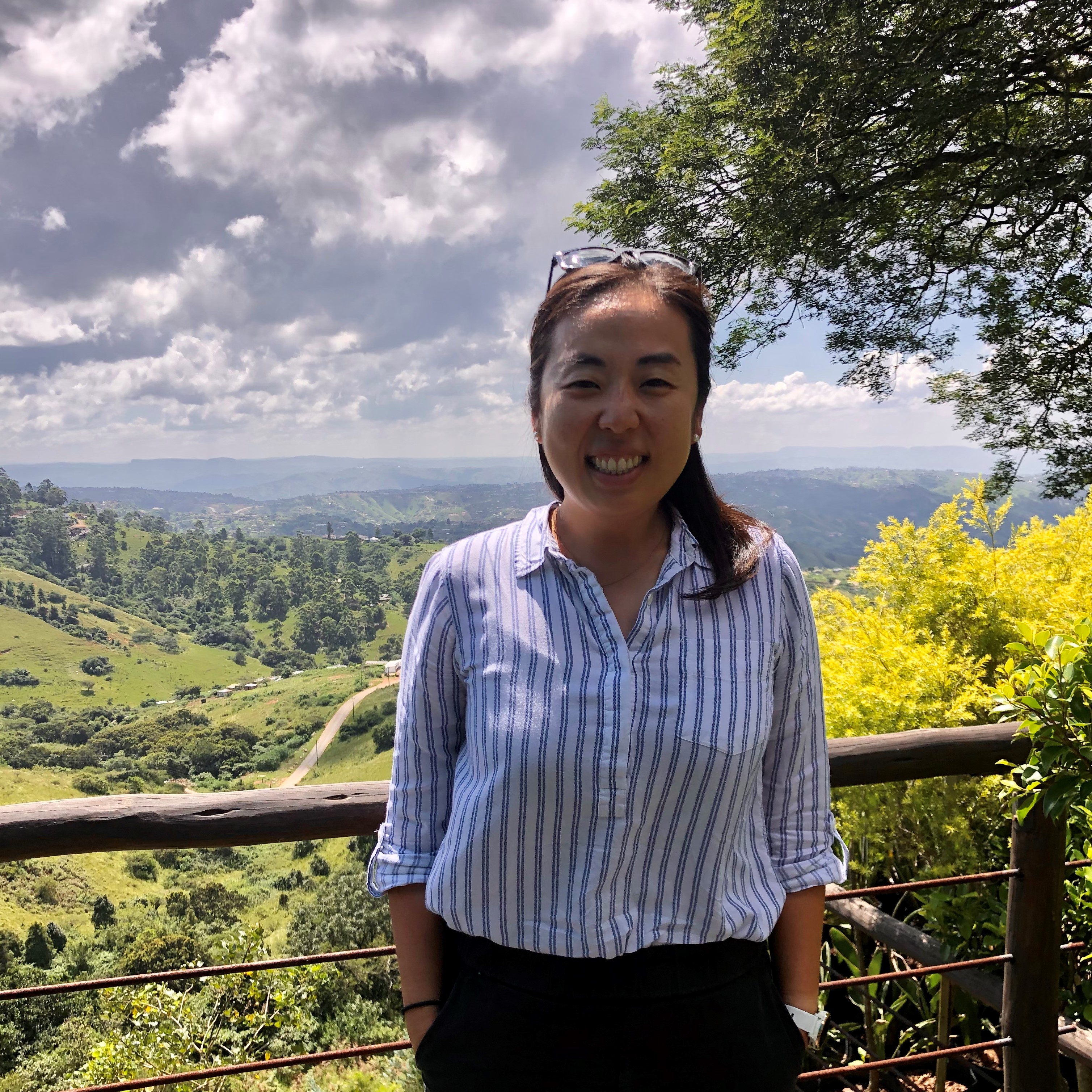
Fulbright Postdoctoral Awards provide recently graduated scholars an opportunity to conduct research and receive professional training abroad. Awards may involve limited teaching. Postdoctoral Awards are open to scholars who have received their doctoral degree (Ph.D., J.D., M.D., Ed.D., etc.) within five to seven years of the fellowship start date, as noted in the award description. Degree conferment before the start of the award is mandatory. While institutional affiliation in the United States is not required, be sure to view the award for any citizenship/residency requirements.
Fulbright International Education Administrator Awards provide international education professionals and senior higher education officials an opportunity to engage in a two-week intensive seminar to learn about the host country’s education system and establish networks of U.S. and international colleagues.
What are the Career Profiles in the awards?

Each award is open to one or more of the following career profiles. Use the award search filter for Career Profile to identify awards that are open to your career profile. For all awards, be sure to read the award description closely for any additional qualifications.
Artists: Awards are open to individuals who have more than seven years of experience in an artistic profession.
Community College Faculty: These awards specifically welcome community college faculty, who are encouraged to apply for the Fulbright U.S. Scholar program. Also search for awards that match your level of academic degree and scholarly discipline.
Early Career Academics: Awards are open to those who have been working in the capacity of a teacher or scholar for no more than seven years.
Mid-Career Academics: Awards are open to those who have been working in the capacity of a teacher or scholar for more than seven and less than 13 years.
Senior Academics: Awards are open to those who have been working in the capacity of a teacher or scholar for more than 13 years.
Professionals: Professionals are defined as those who have more than seven years of experience in a particular profession.
Higher Education Administrators and Executives: Awards are open to those who have been working in the capacity of administrators or executives with a focus on the international dimensions of their campuses. Opportunities include the Fulbright International Education Administrators Awards which are fully-funded two-week seminars abroad to learn about other countries’ higher education systems.
In addition:
Independent Scholar: We encourage independent scholars to search for awards that match your level of academic degree and scholarly discipline. While institutional affiliation in the United States is not required, be sure to view the program eligibility requirements, and the award description for any citizenship/residency requirements.
Retired and Emeriti Faculty Applicants: The Fulbright U.S. Scholar Program is open to applications from retired and Emeriti faculty. As is required of all applicants, the project statement should address the expected impact, outcomes, and benefits of the Fulbright, including to the host country, and to the U.S. following the award.
Timeline for U.S. Scholars
The 2027-2028 Fulbright U.S. Scholar competition is now open.
If you are a non-U.S. citizen, please review the Non-U.S (Visiting) Scholar programs.
Image
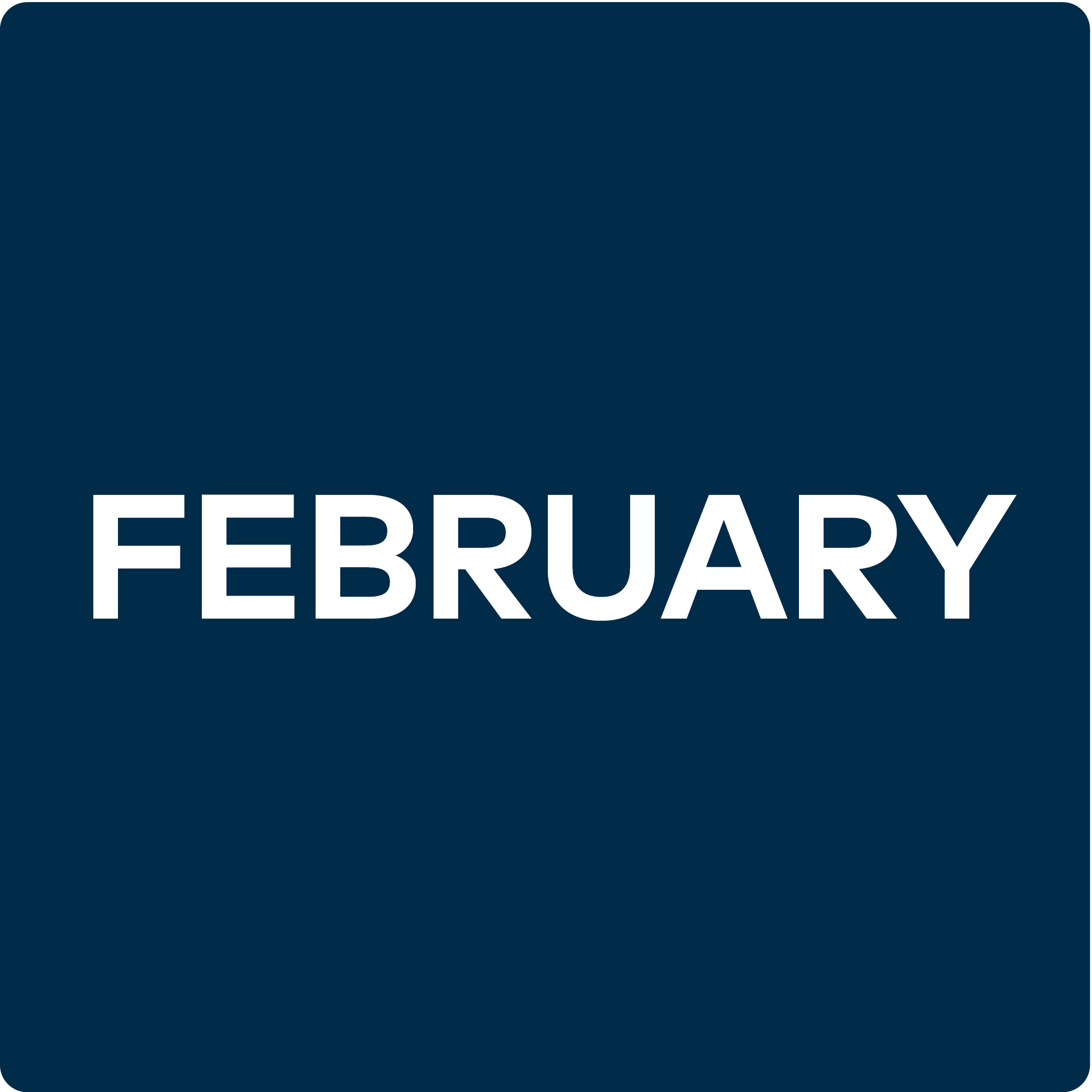
Program competition opens for opportunities in the 2027-2028 academic year. |
Image
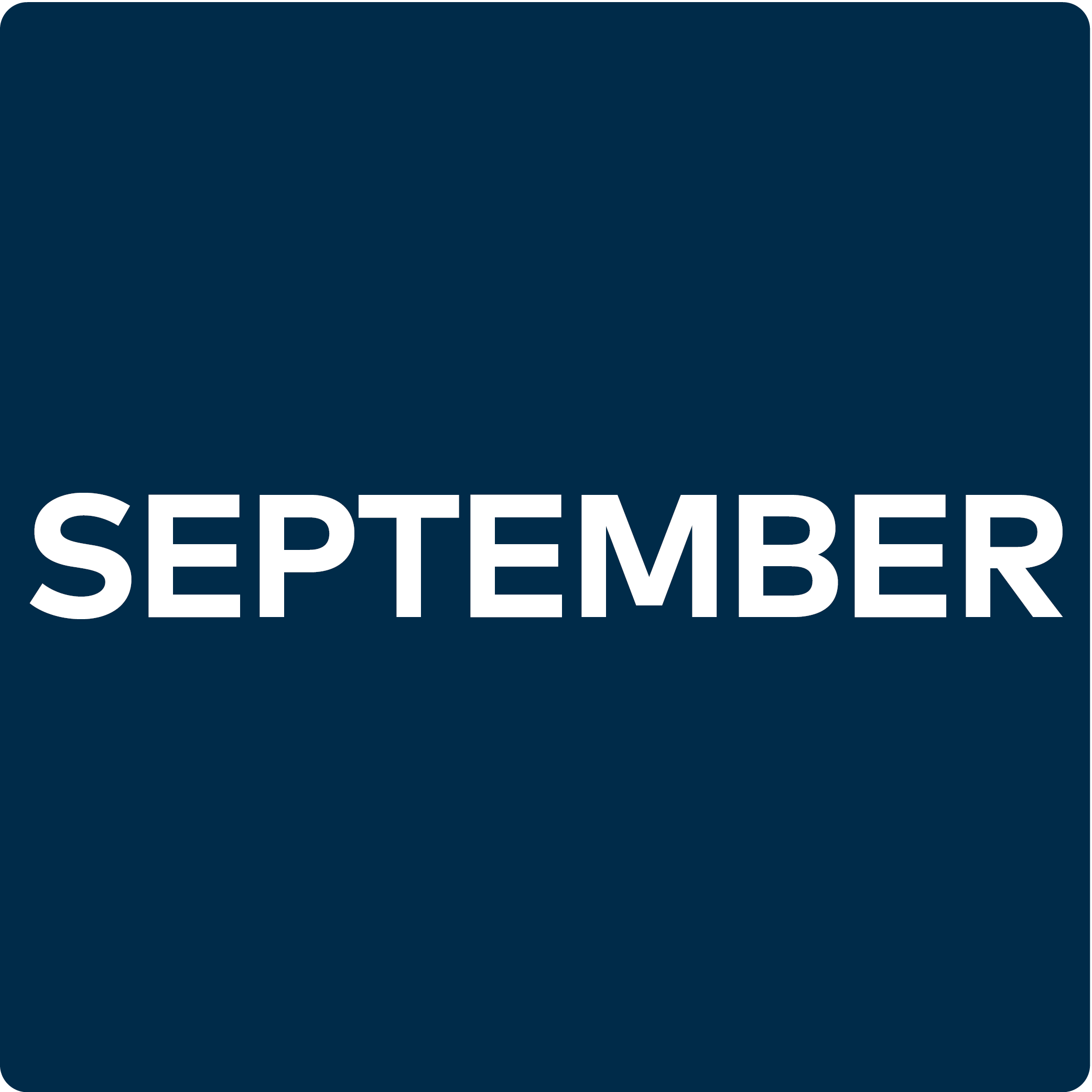
Application Deadlines for the 2027-2028 competition:
Once an applicant submits their application, they receive an email from scholars@iie.org confirming submission of their application. Following the application deadline, IIE conducts a preliminary screening of applications for eligibility and technical completeness. Applications are reviewed individually to ensure they meet program and award requirements. Applications are assigned to a discipline-based peer review committee using information included in the application including the indicated project discipline and specialization. If an application is found to be ineligible and/or missing required application component(s), IIE will notify the applicant of this outcome. Only eligible and complete applications are forwarded to the next phase, which is peer review. |
Image
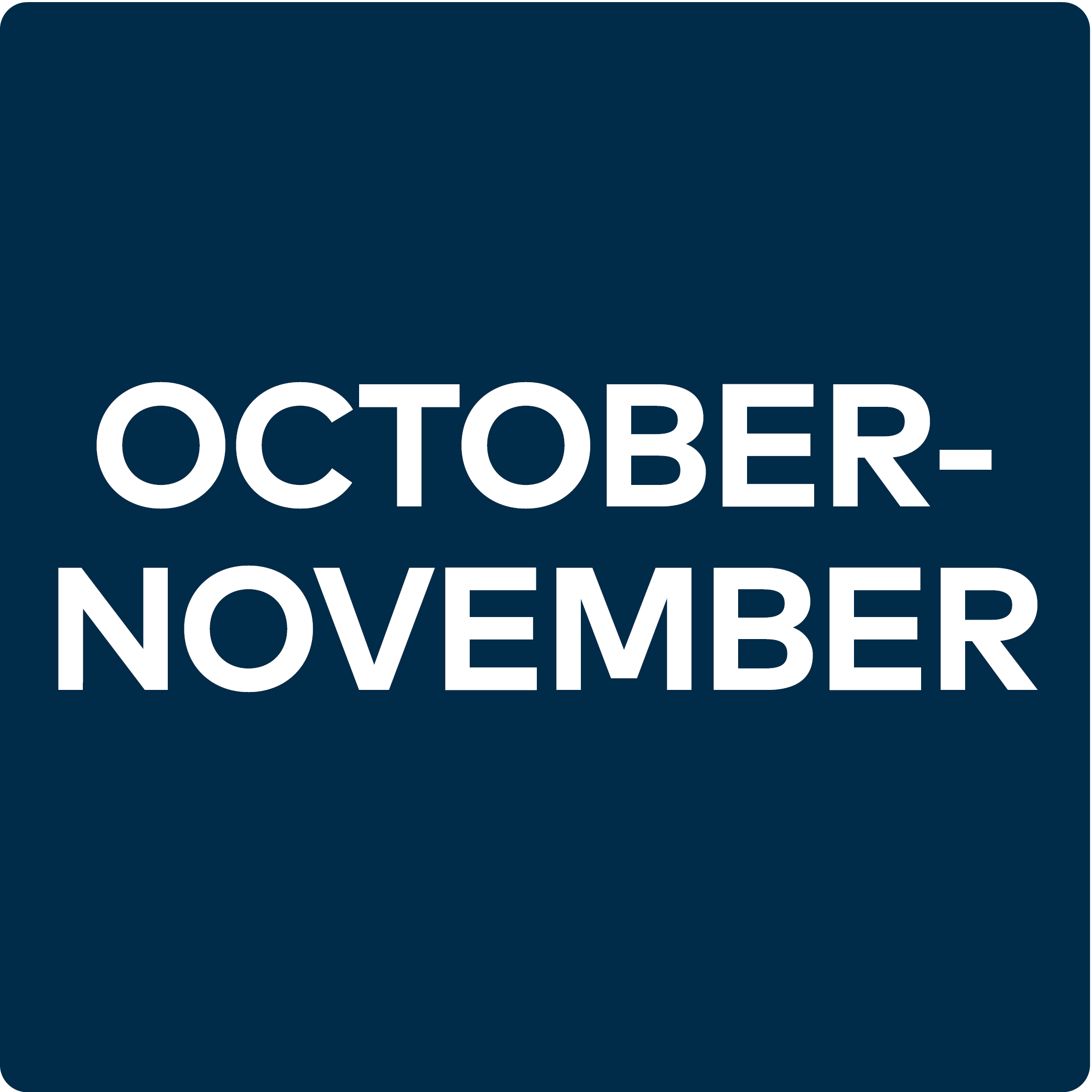
Peer Review Discipline-based Peer Review Committees read and assess applications against the Review Criteria, and meet to review and determine whether or not applications are recommended for further consideration in the host country. Peer Review committees are comprised of U.S.-based academics and professionals with relevant expertise. |
Image
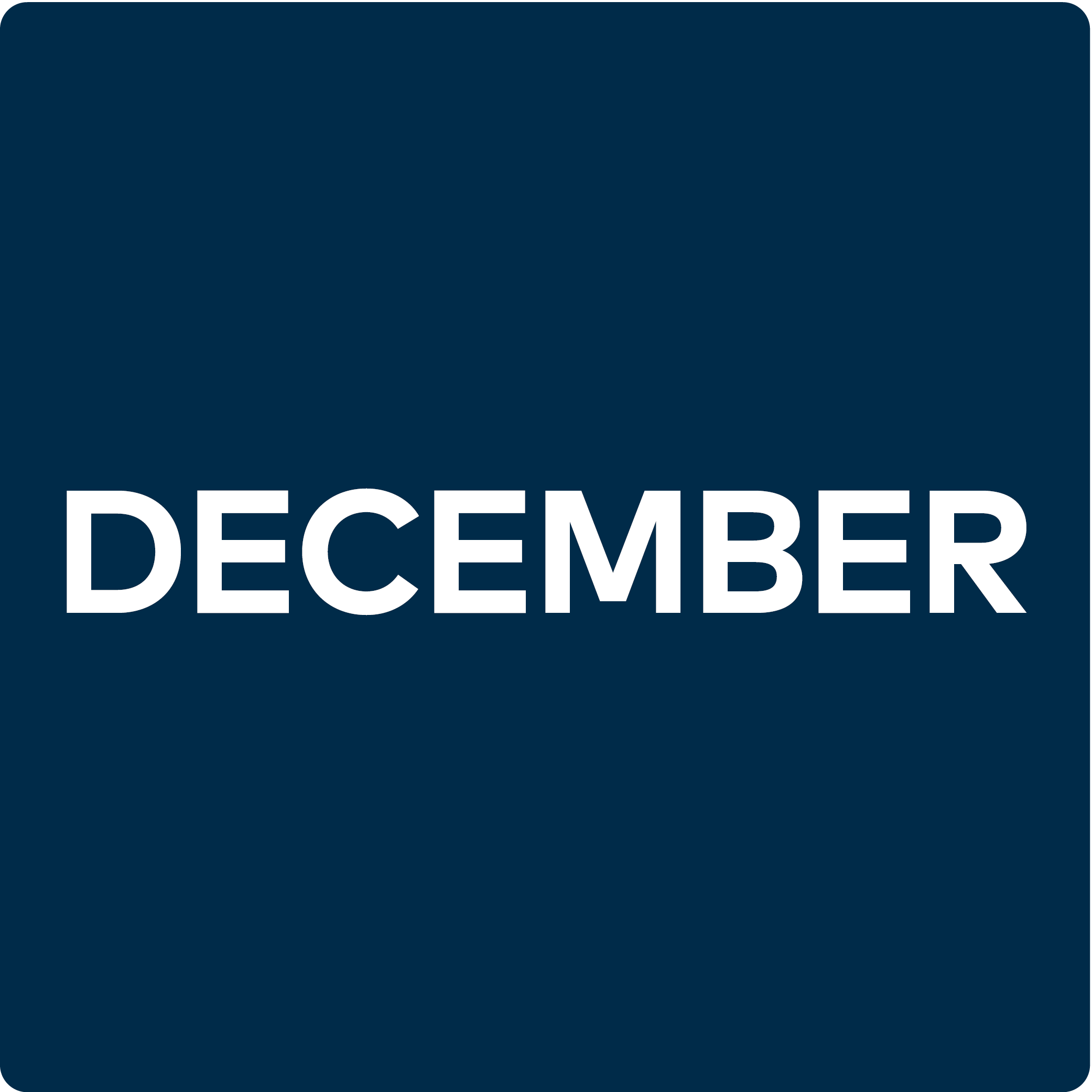
Peer Review Notification Following the conclusion of Peer Review, applicants are notified by email of the status of their application, recommended or not recommended. Applications not recommended in the Peer Review phase are not forwarded to the next phase of review. If your email address has changed since you submitted your application, please update your application with your new address. You can also log into the application portal to check for a status update if you are concerned about missing an email notification. Please note decisions are not communicated by phone. |
Image
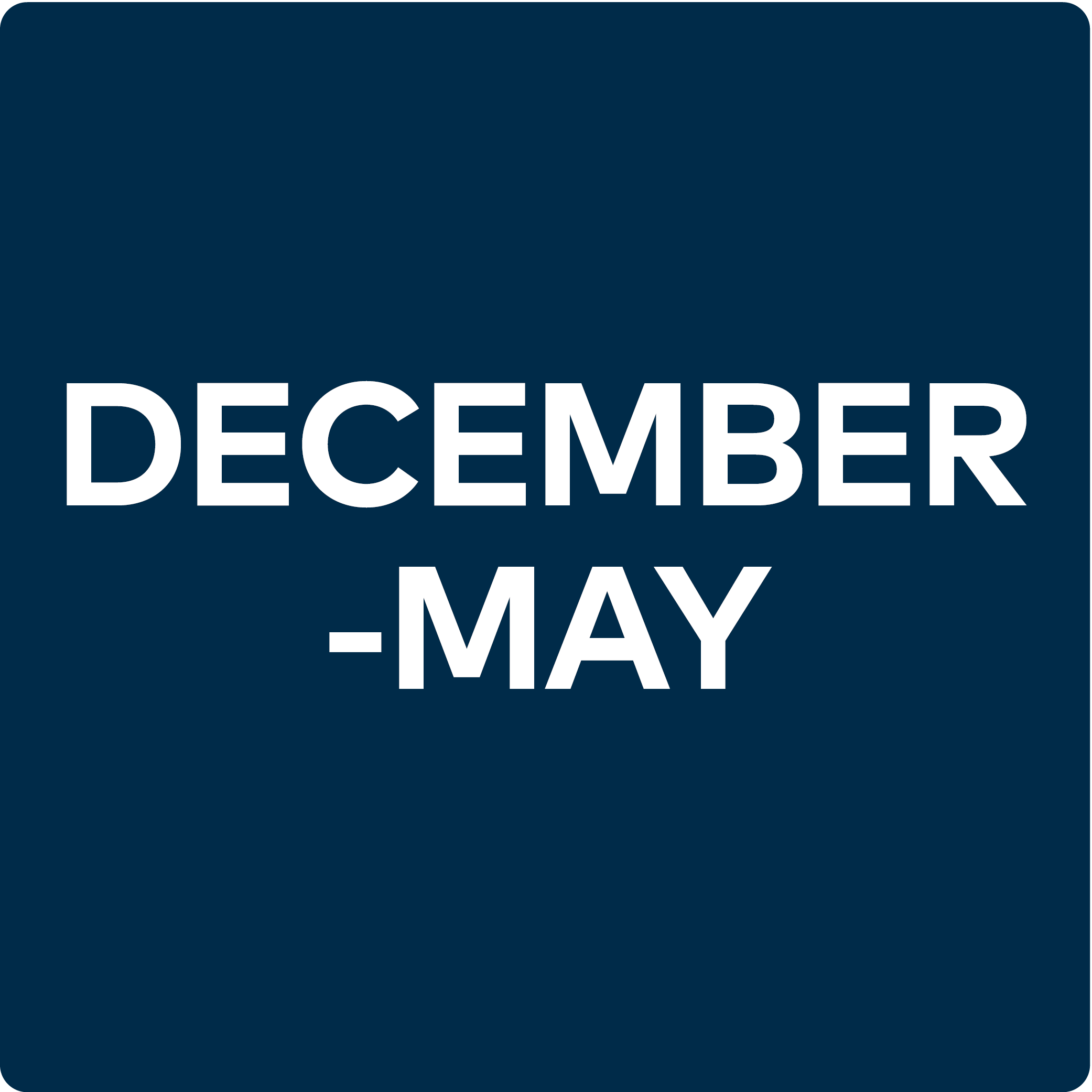
Selection All recommended applications are forwarded to the Public Affairs Sections of U.S. Embassies (Posts) or binational Fulbright Commissions overseas, the U.S. Department of State, and the Fulbright Foreign Scholarship Board for review. Selection decisions and timing can be influenced by a number of factors, including available funding, the number of applications received, country priorities, and any host institution administrative procedures (if applicable). All three entities must approve selection decisions before candidates can be notified. Not all applications that were recommended in the Peer Review process will be selected for grants. This phase of the review process normally requires several months, it is important that applicants do not make any irreversible arrangements based upon the expectation of receiving an award. Applications that are not recommended do not move forward to this phase. |
Image
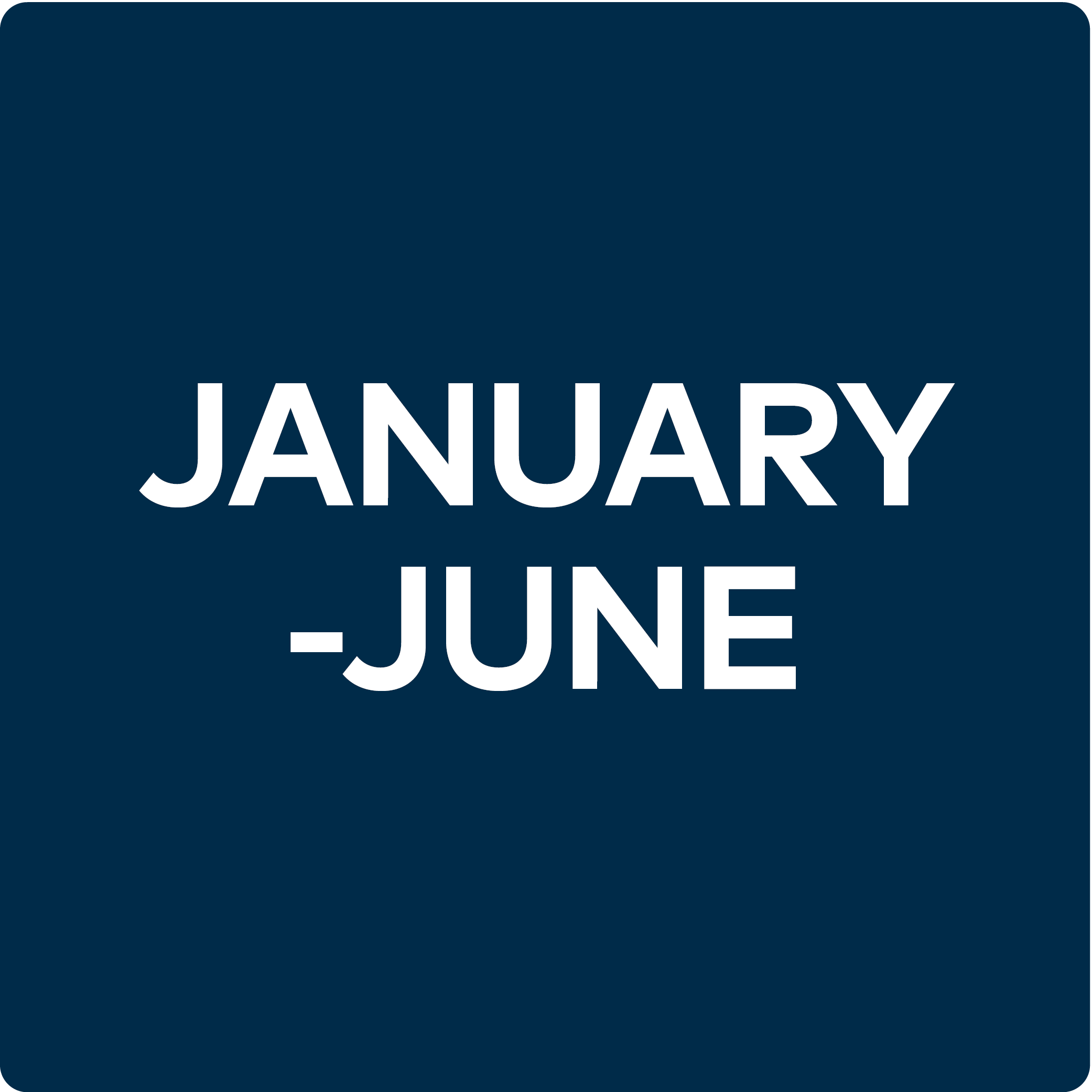
Selection Notification Please note that IIE cannot predict in advance when the final selection results will become available, neither for a particular country nor a specific award. Applicants are notified by email of the final status of their application, selectee, alternate, or non-select.
If your email address has changed since you submitted your application, please update your application with your new address. You can also log into the application portal to check for a status update if you are concerned about missing an email notification. Please note decisions are not communicated by phone. |
Image

Grant details are finalized and grants may begin per start dates listed in the Fulbright U.S. Scholar Awards. For some countries, an orientation may be scheduled for applicants selected for grants. What are the safety and security protocols in place for the Fulbright U.S. Scholar Program? |
Which Activity is Right For Me?
If you are a non-U.S. citizen, please review the Non-U.S (Visiting) Scholar programs.
- Teaching
Teaching includes classroom teaching, as well as giving guest lectures, workshops, and seminars, and engaging in other related activities. Classroom teaching is typically at the undergraduate and graduate level, and courses may be designed by the scholar or prescribed by the host institution and may be taught or co-taught by the scholar. The teaching load varies by award, as well as the host institution. Scholars may also consult on building research capacity, advise graduate students, and assist with thesis advising.
- Research
Research includes activities involving scientific research, qualitative research, quantitative research, and practice-based research, including artistic research. Research can take place in locations such as the laboratory, the field, the archives, or an artist residency. It can be experimental, clinical, or applied. It can include examining policies, systems, theories, methods, interactions, and works of art and music, with the objective to evaluate or develop new knowledge or works. Quantifiable (tangible) outcomes can include publications (books, journal articles, scripts, etc.), conference presentations, artistic and musical compositions, exhibitions, performances, films, and patents.
IRB approval is not required at the time of application; however, applicants should abide by all ethical requirements before commencing their research on human and/or animal subjects through a Fulbright award.
- Teaching/Research
Many awards allow participants to conduct both research and teaching as defined above. Some awards will indicate the percentage that should be devoted to teaching compared to research while other awards allow the candidates to select their own percentage breakdown.
- Professional Project
The Professional Project Award Activity is an opportunity for applicants to pursue projects that would enhance their professional development and the field at large.
Professional Projects may include, but are not limited to:
- Professional consultations or exchange of expertise with other professionals
- Artist residencies
- Visits to organizations in the applicant's field
- Practical experience in day-to-day operations
- Public lectures
- Mentoring
- Arranging and planning exhibitions
- Performances or musical compilations
- Participation in public events
- Preparation of print materials (books, articles, or reviews)
If your project involves classroom teaching, as opposed to public or guest lectures, then please apply for the Teaching Award Activity.
If your proposed project answers a research question or will have research outcomes, then please apply for the Research Award Activity.
Eligibility Essentials for U.S. Scholars
If you are a non-U.S. citizen, please review the Non-U.S (Visiting) Scholar programs.
Fulbright U.S Scholar applicants must meet all program eligibility requirements by the application deadline. Applicants must also meet award eligibility requirements by the application deadline unless specific exceptions are indicated in the award.
The complete Fulbright policies for U.S. Lecturers and Research Scholars are available here (Chapter 600).

U.S. citizenship
Applicants must hold U.S. citizenship by the application deadline. Permanent residence is not sufficient.
Dual citizenship: In some cases, a dual citizen may not be eligible to participate in a Fulbright program in the country of their other nationality due to host country law or policy. Individual award descriptions specify whether this is a point of ineligibility in the award requirements section.
Residency abroad
Applicants who have resided abroad for five or more years in the six-year period preceding the application deadline are ineligible. A period of nine months or more during a calendar year constitutes a full year.
Education, Experience, Career Profile
Applicants are expected to demonstrate they meet the education, experience, and career profile requirements stated in the award. This may include addressing the nature of their terminal degree and/or experience in the application.
Award descriptions specify where a Ph.D., other terminal degree, or comparable professional qualifications are required. A terminal degree refers to the highest degree awarded in a field. The degree level can vary by academic and professional field, as not all terminal degrees are doctorates. (Please refer to this list of common terminal degrees.) If a terminal degree is required, degree conferment before the fellowship start date is mandatory.
Postdoc awards are open to scholars who will have received a doctoral degree (Ph.D., J.D., M.D., Ed.D., etc.) within five years of the fellowship start date, unless otherwise noted on the award description’s Award Requirements section.
Graduate or doctoral students seeking funding to complete their degrees are ineligible. Recent college graduates with limited professional experience are ineligible and should instead apply to the Fulbright U.S. Student Program.
Experience gained as an undergraduate student does not count toward years of experience for the Fulbright U.S. Scholar Program (including internships and Fulbright U.S. Student Program awards).
Prior Fulbright Scholar Awards and Other Programs
Recipients of a Fulbright Scholar award are eligible to apply for another award two years after the date of completion of the previous award. For Flex grants, the two-year period begins at the end of the final grant in the series. Fulbright Scholar grants include: Fulbright U.S. Scholar, International Education Administrator Seminar, Fulbright Arctic, and Fulbright Visiting Scholar. Preference for Fulbright Scholar opportunities will be given to candidates who have not previously received a Fulbright Scholar grant.
Recipients of a Fulbright Specialist Program grant are not required to adhere to the two-year waiting period before applying for a Fulbright Scholar award. Applicants may be on the Specialist roster, but may not carry out both a U.S. Scholar grant and a Specialist grant simultaneously.
You are eligible to apply to the Fulbright Scholar Program while on the Fulbright Specialist roster. Recipients of a Fulbright Specialist Program grant are not required to adhere to the two-year waiting period before applying for a Fulbright Scholar grant. Likewise, recipients of a Fulbright Scholar grant are not required to adhere to the two-year waiting period before applying for or receiving a Fulbright Specialist Program grant.
Department of State employees and their immediate family
Employees and their immediate families (i.e. spouses and dependent children) of the U.S. Department of State or the U.S. Agency for International Development (paid or unpaid, including part-time or temporary employees, consultants, externs, fellows and contract employees; does not include interns), and of public or private agencies (excluding educational institutions) under contract to the U.S. Department of State to perform administrative or screening services on behalf of the Bureau of Educational and Cultural Affairs’ exchange programs are ineligible to apply for a Fulbright award until one year after termination of such employment.
Additional U.S. Scholar Additional Eligibility Factors
- Employment: The following are ineligible to apply for a Fulbright award until one year after termination of such engagement. An officer of an organization, in the U․S․ or abroad, including members of boards of trustees or similar governing bodies, or individuals otherwise associated with the organization, wherein the organization and the individuals are responsible for nominating or selecting individuals for participation in any U․S․ Department of State exchange program; a current board member or staff of the Institute of International Education or the Council for International Exchange of Scholars; a board member or staff of a Fulbright Commission; a member of the Fulbright Foreign Scholarship Board; an Alumni Ambassador for the Fulbright U.S. Scholar Program.
- Grant Activity: Grants shall not authorize engagement in pastoral, missionary, or other professional religious activities.
- Grant Activity: Grants shall not authorize engagement in activities for which a license to practice medicine or nursing is required.
- Language requirements: Foreign language proficiency may be required depending on the country, type of grant activity (teaching or research), and the nature of the proposed projects. (Note: In many world areas, English is sufficient for teaching activities.) If required, this is noted in the Award requirements section of a specific award.
- Sound physical and mental health: Candidates selected for awards are required to submit a Medical History and Examination Report before their grants can be finalized. (This is not part of the application and selection process; this process takes place after candidates selected for grants are notified of their selection.)
- Applicants are required to disclose if they have been arrested for, indicted for, or charged with a felony or a misdemeanor (excluding minor traffic violations, juvenile convictions, or cases where the record has been sealed or expunged) or accused of misconduct (including but not limited to unethical practices, harassment, sexual harassment or abuse, or other misconduct that may have been the focus of some kind of inquiry or process). Applicants must promptly notify IIE in writing if they are arrested for, indicted for, charged with or convicted of a felony or misdemeanor (excluding minor traffic violations) after submitting the application․ FFSB regulations can be found here (Chapter 600/Section 626 Ineligibility Factors.) Submitted documentation will not be revealed to those reviewing your application during the Peer Review process or as a part of the host country selection process․ However, statements and documents may be forwarded the Fulbright Foreign Scholarship Board for review and determination of eligibility.
If you meet the eligibility requirements, learn more about the next stages in the application procedure.
Getting Started
- Step 1: Confirm Eligibility
Review eligibility requirements for the Fulbright U.S. Scholar program before proceeding. Applicants are also encouraged to review the Leave and Support resources.
- Step 2: Explore Award Activities
Each Fulbright U.S. Scholar Award offers one or more of the following activities:
- Research - Research includes activities involving scientific research, qualitative research, quantitative research, and practice-based research, including artistic research. Research can take place in locations such as the laboratory, the field, the archives, or an artist residency. It can be experimental, clinical, or applied. It can include examining policies, systems, theories, methods, interactions, and works of art and music, with the objective to evaluate or develop new knowledge or works. Quantifiable (tangible) outcomes can include publications (books, journal articles, scripts, etc.), conference presentations, artistic and musical compositions, exhibitions, performances, films, and patents.
- Teaching - Teaching includes classroom teaching, as well as giving guest lectures, workshops, and seminars, and engaging in other related activities. Classroom teaching is typically at the undergraduate and graduate level, and courses may be designed by the scholar or prescribed by the host institution and may be taught or co-taught by the scholar. The teaching load varies by award, as well as the host institution. Scholars may also consult on building research capacity, advise graduate students, and assist with thesis advising.
- Teaching/Research - Many awards allow participants to conduct both research and teaching as defined above. Some awards will indicate the percentage that should be devoted to teaching compared to research while other awards allow the candidates to select their own percentage breakdown.
- Professional Projects - The Professional Project activity type provides professionals and artists in various fields the opportunity to interact with relevant organizations abroad to explore a topic related to their field without answering a defined research question. Professional Projects may include: professional consultations; artist residencies; visits to organizations in the applicant's field; practical experience in day-to-day operations; public lectures; mentoring; arranging exhibitions, performances or musical compilations; preparation of print materials (books, articles, or reviews); exchange of expertise with other professionals; participation in public events; or other appropriate professional activities.
- Step 3: Select Award
Use the Award Search filters to find an award which most closely aligns to your field and interest. Be sure to review the Award Details, Award Requirements, and Award Benefits tabs for each award. Please note: Applicants can only apply for one award per application cycle.
- Step 4: Review Application Components
The application components may vary depending on the type of activity you apply for: teaching, research, teaching/research combination, or professional project - as well as your discipline and specialization. Please see application steps for details on each component and whether it applies to your application.
Note: Letters of Invitation - Applicants are responsible for obtaining and uploading the letter of invitation to their Fulbright U.S. Scholar Program application if required by the award. If required, preferred, or optional for that award, applicants are encouraged to solicit a letter of invitation as soon as possible.
Who can I contact at my institution for assistance?
Over 1,400 academic institutions and professional associations across the United States have Fulbright Scholar Liaisons, a network of faculty and administrators who can guide you. We encourage you to connect with the Liaison at your institution for assistance with your application and your institution’s process for participating in the Fulbright program.- Step 5: Start an Application
The 2027-28 Fulbright U.S. Scholar Competition is open! Start your application, and refer to the application steps for application instructions and details on each application component.
- Step 6: Create a Competitive Application
- Review Criteria - Read the Review Criteria page to learn more about the basic objectives of the Fulbright U.S. Scholar Program which Reviewers consider when evaluating applications.
- Connect
- Sign up for the My Fulbright newsletter to receive the latest program updates, webinar schedules, helpful resources, and suggestions for application assistance.
- Speak with a Fulbright U.S. Scholar Alumni Ambassador
- Explore the Scholar Directory
- Find your Scholar Liaison
- Join an Office Hour or Register for a Webinar
- Before you begin, check your eligibility and the award description for any specific requirements: professional profiles and specific qualifications vary across the awards. You are encouraged to apply to the award that best fits your background and experience. Refer to the Application Page and the Review Criteria as you prepare your materials.
Application Steps and Requirements for U.S. Scholars
If you are a non-U.S. citizen, please review the Non-U.S. (Visiting) Scholar programs.
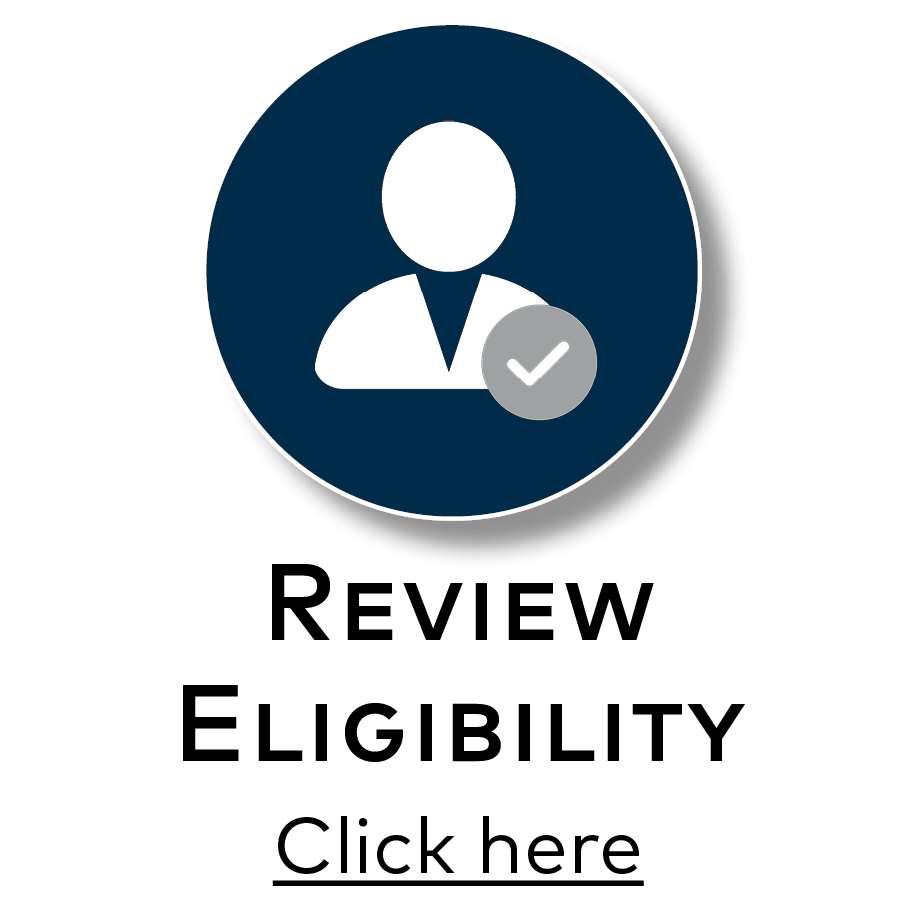 | 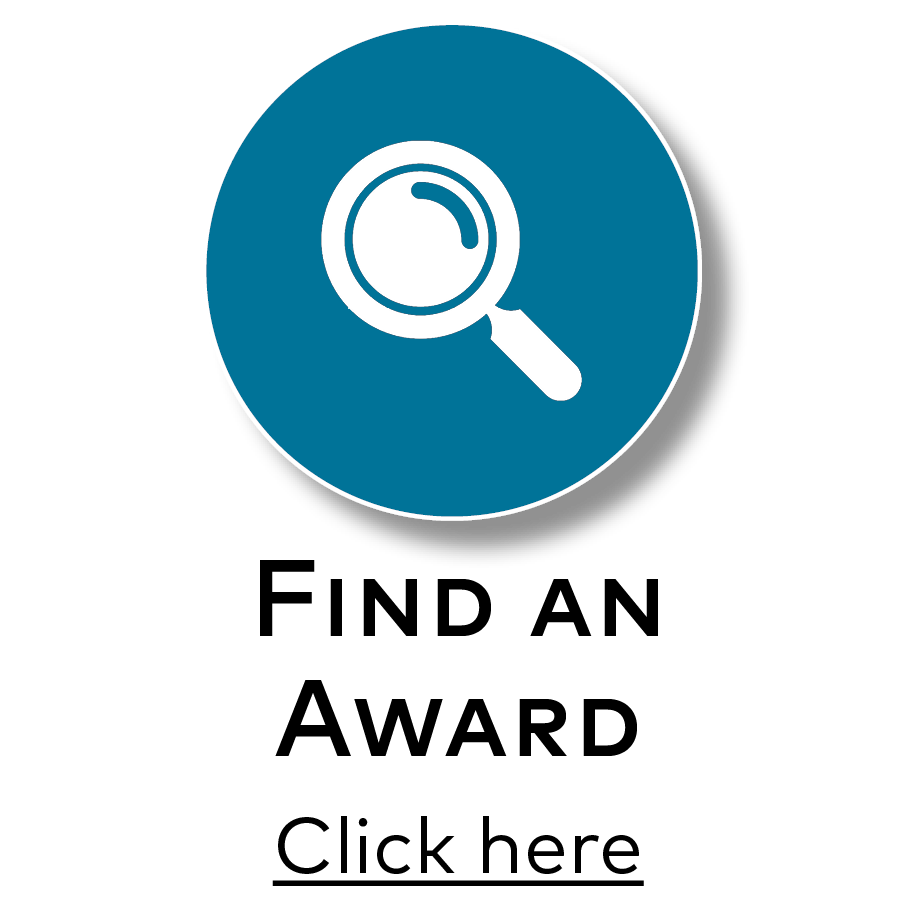 | 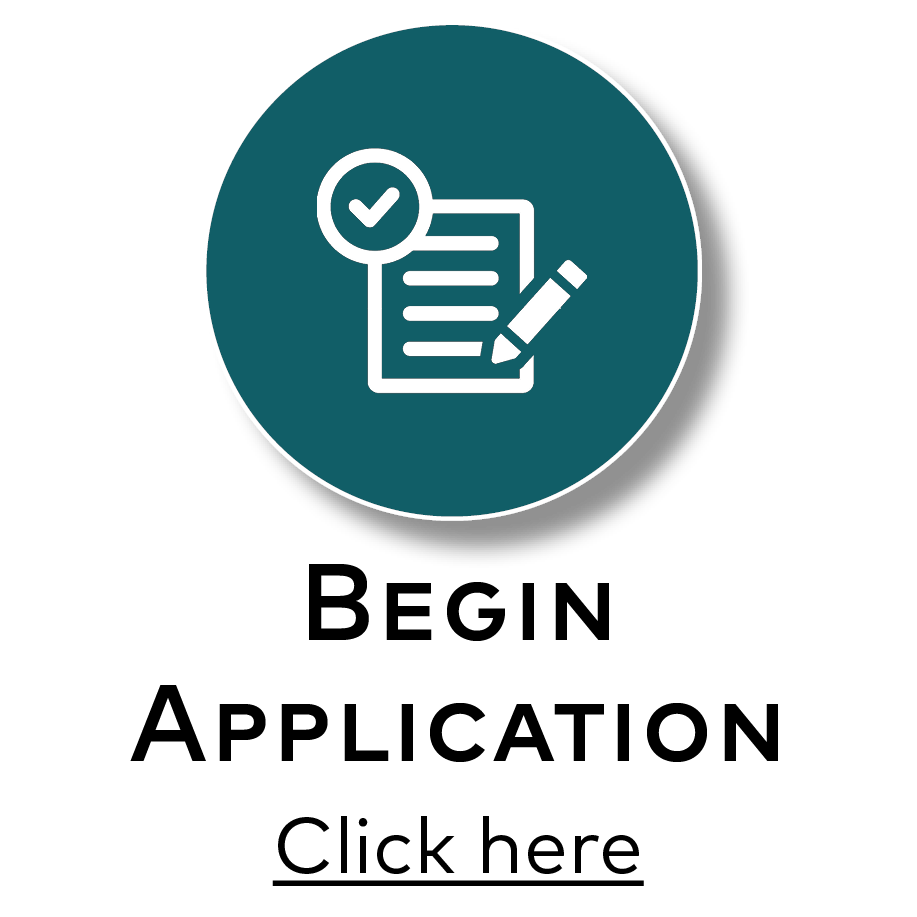 | 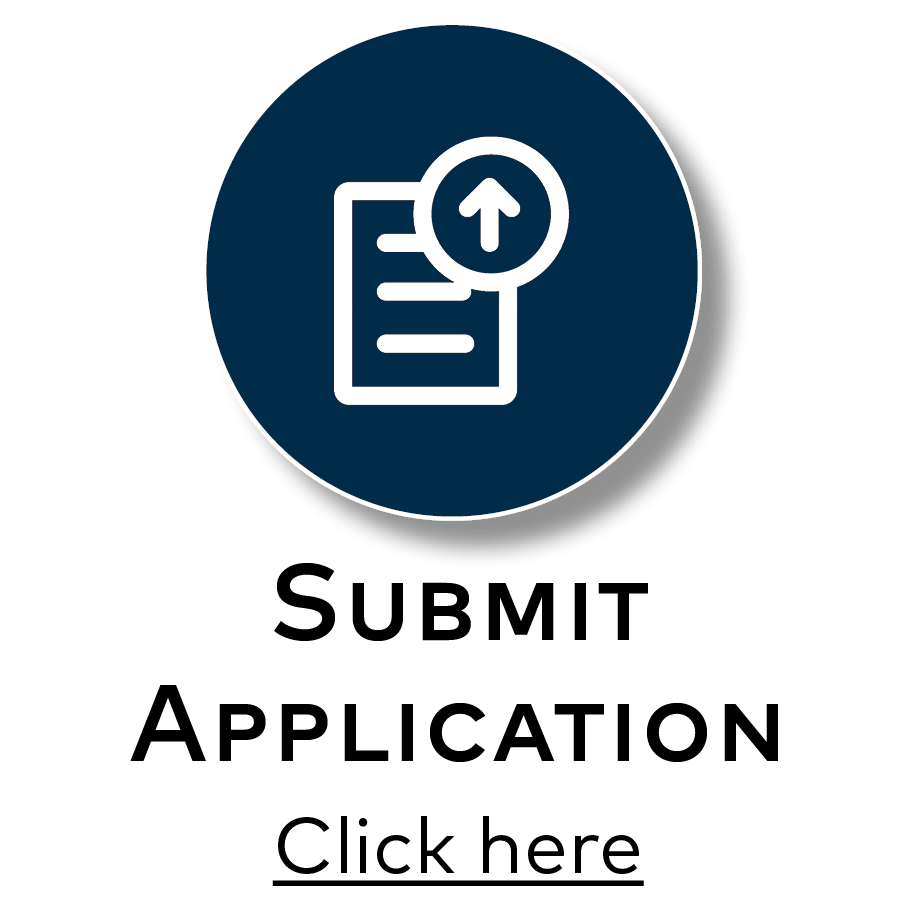 |
The 2027-28 Fulbright U.S. Scholar Competition is now open.
Thanks for your interest in the Fulbright U.S. Scholar Program. Explore current opportunities and Connect with Fulbright to receive important program updates and application resources. Register for webinars today for more information and join an office hour to have your questions answered live by IIE staff.
Application Deadline: September 15, 2026, 5:00 PM EDT (UTC -4:00)
We strongly recommend that you do not wait until the deadline to submit your application. Technical difficulties with uploading documents, submission of the application, or registration of recommenders, particularly in the hours prior to the deadline, will not be grounds for an extension. Applications not fully submitted by the deadline will not be considered. No exceptions.
- Introduction
Applicants must submit their complete application by the application deadline to be considered for an award in the Fulbright U.S. Scholar Program for that application cycle and award competition.
Applicants may only apply for one Fulbright award per competition, and applications will only be considered for that competition. This means applicants cannot apply for multiple awards in the same program year (2027-2028), nor can applications be deferred to a future year.
Before starting your application, review the eligibility requirements and the award description for the Fulbright U.S. Scholar program. Applicants are also encouraged to review the leave and support resources.
It is your responsibility to understand what is required for your selected award and to submit the application with the appropriate application materials by the application deadline noted above. Failure to provide necessary information or materials may affect the eligibility of your application. Using the application resources and reaching out early with questions will facilitate a successful application.
Application components vary depending on the type of activity you apply for: teaching, research, teaching/research combination, or professional project - as well as your discipline and specialization will prompt the application to include the necessary components based on the activity and discipline criteria you select. The application does not allow for any additional uploads beyond the required components.
Your application materials should be well-organized, working together to demonstrate why the project is needed and how you are prepared to accomplish it. Connect the dots for the reader: present information clearly to prevent the reader from (mis)interpreting to the extent possible. You may find the Review Criteria helpful as you prepare your materials.
All material must be your own work. It is unacceptable to misrepresent accomplishments, to borrow from the works of others without proper acknowledgment, or to submit as one's own material that has been written, re-written or heavily edited by others. Breaches of these protocols may result in rejection of the application.
Once your application has been submitted, no further changes or edits can be made to your application. Proofread your materials more than once - before submitting.
- Creating Your Application
Application link: https://apply.iie.org/fusc2027. This is the application for the Fulbright U.S. Scholar Program. The Fulbright U.S. Student and Visiting Scholar Programs have different applications (and different links).
You do not need to complete the application in one sitting or session. You can return to your saved work to edit it at any time prior to submission. We recommend opening an application early to familiarize yourself with the layout and question prompts.
First, you need an application account.
New (first-time) users:
- Open the link above and click Create an Account. Enter your email address, name, and date of birth. Use an email address that is not subject to change. Your email address serves as your login and will be used for application notifications. Your full name must be entered as it appears on your government-issued ID. (You will have an opportunity to enter your preferred name later.) Click Continue.
- You will receive an email from apply@iie.org (Application Registration) with a link to the application and a temporary PIN to verify the account. Once you enter this PIN on the application link, you will be asked to set a password.
- Then proceed to starting your application.
Returning users: If you started an application or applied at any point since 2020, you have an application account already. Please do not create a new application account.
- Open the link above and click Log In to continue an application. Once you have logged in, you can proceed to creating your application. Also see: Reapplying (below).
- If you forgot your password or your password expired, follow the steps to reset your password (you will be sent a password reset email with instructions).
- If your email address has changed, email scholars@iie.org, and we can update the email address associated with your application account.
Next, create your application. Click Start New Application at the bottom after logging in. The popup should show Fulbright U.S. Scholar Program 2027-2028. Click Create Application, then click Open Application to start working on your application.
You will also receive an email confirming that you started your application. Save this email! This has the link to your application, the deadlines, and links to essential resources.
- Managing Your Application
Application link: https://apply.iie.org/fusc2027
Now that you have an account and an application, use the Returning Users prompt to log in. Then, on the Application Management page, click Fulbright U.S. Scholar Program 2027-2028 to open your application.
The application will log you out automatically after 60 minutes of inactivity. To save your progress, click Save and Continue at the bottom of the application page and return to the page you were working on.
When you are done working on your application, close your browser tab/window. Be sure to work on your application in one, single web browser tab to avoid making conflicting edits. Do not have the application open in more than one tab/window in your browser.
- Reapplying
If you started an application or applied at any point since 2020, then you have an application account already. We are not able to postpone or defer applications from one year to another year, nor are we able to copy a whole application from one year to another.
- Has your email address changed? Email us at scholars@iie.org to update your email address on your application account.
- Is your email address the same? Please DO NOT create another application account to start a new application. This will make things more confusing: we have found it can be challenging to distinguish between accounts. If you aren’t sure: try logging in; the system will indicate if that email address is not recognized, meaning you do not have an application account associated with that address.
- Go to the application (https://apply.iie.org/fusc2027) and login as a Returning User using your login (email address) and password. (Follow steps to reset password if needed.)
- Once logged in, you will land on the Application Management page where you can view your prior application(s) and start your new application.
- Click Start New Application and select Fulbright U.S. Scholar Program 2027-2028. If that does not work, login via https://apply.iie.org/fulbrightusscholar instead, and it should prompt you to create your 2027-2028 application.
- Note: DO NOT open past and current applications in the same browser simultaneously as data will not save properly. If you must refer to an old application, download it as a PDF or open it in a different browser.
What carries over to the new application?
- Some basic personal information fields will automatically populate based on the information you previously provided. Be sure to double-check the information in case any updates are needed.
- You will need to select the program, country, and award. Be sure to review the award description, as award details and requirements may have changed for this year’s competition.
- You will need to enter the project details and upload the supporting documents (Project Statement, CV/Resume, and the Reference List/Bibliography, Syllabi/Course Outlines, and Portfolio as applicable). Ensure your materials and your proposed project fit the award for this year’s application cycle.
- You will need to register two recommenders and any foreign language evaluators (if applicable). Even if they have provided a recommendation or evaluation for you before, they must upload their letters to your new application. If they need a copy of the letter they uploaded last year, your reference(s) are welcome to email FulbrightScholarReview@iie.org for assistance.
- Invitation letter: If the same host institution is proposed, you can include the invitation from the prior year. However, providing an updated invitation letter is encouraged.
- To download a PDF copy of your prior application, click on the respective Fulbright U.S. Scholar Program application to open it. Then click on Preview Application Proof to open a downloadable copy of your application.
Applications are reviewed individually, on their own merit, with the pool of applications submitted that year. The status of your prior application is not considered in the Peer Review process. Some applicants choose to revise their prior proposal; others opt to propose an entirely new project. See also: Review Criteria.
- Navigating the Application
When you start your application, you will only see three pages: Home, Welcome, and Program Eligibility.
The Home page is where you open your application, and it is labeled Application Management. The Welcome page contains important information about the program, application, deadlines, and instructions.
You will not see any application components available in your application until you complete the Program Eligibility page (Eligibility Essentials for U.S. Scholars).
Once you complete these pages, the Program Type and Country and Award pages will appear.
Then, after you complete these pages, the rest of the application will appear. Note: Some elements of the application will appear based on responses to questions on the Award Details page.
Changing Awards
You can change awards before you submit your application. You cannot change awards after submission.
Be mindful of the award parameters (activity, start date, award length, etc.) and award requirements as you may need to update some responses and materials to match the new award.
Additional Tips
- Required questions are marked with an asterisk (*). You will not be able to submit until all required items are complete.
- Text boxes: Where character limits are indicated, spaces and punctuation count as characters, including paragraph breaks (Enter or Return key). Prepare answers to longer questions ahead; you can copy and paste into all text boxes.
- Uploaded documents: If any files exceed stated page limits, a warning will only appear on the Review page (at the end of the application), and you will be prevented from submitting until a shorter document is uploaded. Upload documents in PDF format to preserve any special formatting and special characters.
- Use proper capitalization and proofread.
- Preview your application before submitting.
- Project Statement – required for all applications
The Project Statement is your opportunity to explain the proposed project. This document addresses key elements of your project: what the project is, why it is needed, the objective(s) of the project, how you are prepared for the project and how you will accomplish it, the project timeline, and the outcomes and impact. The information you provide in your essays and CV/resume should align with your proposed project.
In the application, on the Award Details page, you will be asked to provide a Project Title and Abstract in text boxes. The Project Title has a 100-character limit. The Abstract has a 700-character limit. The Abstract is a summary of your project: it briefly describes the nature of the project, the plan (e.g., methodology), why the project is important/its impact, and the expected results. All applications are read in their entirety in the review and selection process. The purpose of this concise overview is to help the reader quickly understand the proposed project. Character limits include spaces and punctuation. The Abstract does not need to be included in the Project Statement document.
Project Statement Format Requirements:
- 3-5 pages
- Single-spaced, 12-point font, 1-inch margins. This helps ensure readability.
- Use headers and/or bullets to organize and convey key elements; use page numbers.
- File type: Adobe PDF (recommended) or Word document.
- Note: If any non-English characters, images, tables, equations, etc. are used, you must upload your document as an Adobe PDF to maintain formatting.
- Citations are not required in the Project Statement. You may use endnotes or footnotes in 10-point font (use any format for citations). If you are applying for Research or Teaching/Research, you may put the full citation for a source mentioned in your Project Statement in the Reference List/Bibliography.
- You may include figures and images in your Project Statement where appropriate, but they must fit within the 5-page limit for the Project Statement (this is not in addition to the 5-page limit).
- Do not include hyperlinks to websites intended to direct the reader to access information not included in the application. You may cite web links with the understanding that reviewers are advised not to review material outside of the application. Content to be considered in the application review must be contained within the application itself.
Project Statement Content Guidelines
The Project Statement should be clear, focused, and specific. Avoid jargon; it should be able to be understood by individuals in other disciplines. Proofread carefully. We encourage you to have colleagues review your project statement before submission. See also: Review Criteria.
Each section below contains discussion points for each activity type. For example, if you are proposing a research project, your statement should focus primarily on the points relevant to research (versus points for teaching or professional project). Note for teaching/research: Your statement should reflect the relative amount of time you propose for each activity and address both teaching and research points below. Consult the award to determine if it specifies a percentage or courseload. If a percentage or courseload is not specified, it is up to you to determine and explain how you will divide your time between the two activities.
- What do you propose to do, including:
- All Applications: What is the project, what are the objectives, and what is the need for the project? What is the importance of conducting the project at this time, and in this location? (This should complement your essay response on Country Selection.) What do you expect will result from your project, including any works produced?
- Teaching: What is the nature of your project, and what are your anticipated plans for teaching? This includes classroom teaching, giving lectures, seminars, and workshops, curriculum/ program development, public lectures, etc. (Consult your award for specific requirements.)
- Research: What is the nature of your research (scientific, qualitative, quantitative, artistic, etc.)? What are the objectives for your project? What is the academic and/or disciplinary context for the project?
- Professional Project: What is the nature of your project? What are your objectives, and what is its context within your field?
- For Flex and Multi-Country: Clearly describe your plans and justification for each segment/country visit, including a project timeline.
- How do you propose to do it, including:
- All Applications: How will you accomplish the project? Be as specific as possible regarding all aspects of your plans, including anticipated activities, methodology, required resources, and your proposed timeline. Address how you will adjust your plans if needed, including the feasibility of the project given the resources and time allocated. How is your project innovative?
- All Applications: How are you prepared to carry out your project? Describe your relevant experience and how it prepares you to conduct the project (this should complement your essays and CV/Resume).
- All Applications: How will you engage with the host institution/ organization and community? If applicable, address any communication you may have had with the potential host institution(s).
- Teaching: What have you taught that prepares you to teach the proposed course(s)? Describe your past involvement in curriculum planning, advising, and/or administrative responsibilities.
- Research: Describe your activities and methodology. What resources and/or facilities do you need in the host country to accomplish your project? How might local, political/cultural or other issues impact your work?
- Professional Project: Which activities do you plan to do within this project and how do you plan to arrange and complete them?
- For Flex and Multi-Country: Address your plans and rationale for how you will allocate your time for each activity and/or award segment.
- What impact, outcomes and benefits will the project produce, including:
- All Applications: What do you hope to contribute, and gain from this experience? How do you expect this will impact your home institution/organization, your host institution and community, your discipline, and your professional development? How might your project be sustained afterward? This may include institutional collaboration, student and faculty exchange, new perspectives in teaching, joint research, professional connections, etc.
- Teaching: How might this impact your teaching and professional work? How will you share what you have learned abroad and at home with your host institution, home institution, and communities in the host country and the U.S.?
- Research: What significance does your project hold for the discipline? How will the findings or results be disseminated (publications, conferences, presentations, joint collaborations, exhibitions, etc.)?
- Professional project: What impact do you expect this project to have on your discipline, and professional work? Are there broader implications in your field for someone expanding their expertise in this way? How do you anticipate this experience will impact you as a professional in your field in the future?
- CV/Resume – required for all applications
All applications require a curriculum vitae or resume.
Your CV/Resume should be clearly organized and tailored to the award to which you are applying and the proposed project. You may summarize early work or work less related to the proposed project by listing selected publications, exhibitions, etc.
Format Requirements:
- Up to 6 pages. For Distinguished Scholar awards: up to 8 pages.
- Single-spaced, 12-point font, 1-inch margins. This helps ensure readability.
- Use headers and/or bullets to organize and convey key elements; use page numbers.
- File type: Adobe PDF (recommended) or Word document.
- Note: If any non-English characters, images, tables, equations, etc. are used, you must upload your document as an Adobe PDF to maintain formatting.
Do not include:
- Personal information. This includes contact information (mailing address, email address, phone number), date of birth, marital status, citizenship, and your picture.
- Links to your website(s), social media profiles, etc. While published work may include hyperlinks, reviewers are advised not to review material outside of the application. Content to be considered in the application review must be contained within the application itself.
- Recommendations – required for all applications
Two recommendations are required.
Recommendations evaluate your professional work, including the abilities and expertise you bring to your project; your ability to adapt; and the merits of the project.
Recommendations must be submitted by September 15, 2026, 5:00 PM EDT (UTC-4:00). Recommendation letters will not be accepted after this deadline, and extensions will not be granted. Applicants are responsible for ensuring their recommenders receive the request for their letter with sufficient notice, and that they submit it by the deadline.
- You must register your recommenders in the application before you submit your application. Your recommenders can submit their letter before or after you submit your application, as long as they submit before the deadline.
- You register your recommenders in the application by entering their information, including their email address. Your recommender will receive an email with a unique link to upload their recommendation to your application.
- You can monitor their progress and send them reminders through your application, even after you submit (up until the deadline). Note: If your recommender is no longer available, you can exclude them (remove them) and register a new recommender (even after you submit), so please register recommenders earlier than needed!
- You and your recommender will receive emails confirming when their recommendation has been submitted.
- Recommenders must submit their recommendations via the online system. Recommendations sent by email will not be accepted, nor hard copy documents. Recommendations are confidential; applicants do not have access to the content of them, nor can they upload recommendations on behalf of their recommenders.
- All recommendations must be in English.
Who may serve as a recommender?
Letters should be from those who know you and your work well.
- One recommendation should be from a colleague or supervisor at your current place of employment. If your institution or employer recently changed, one of the letters should be from someone at your previous institution or employer.
- One recommendation should be from a colleague within your discipline. This letter can be from outside your current place of employment OR may come from a second colleague at your place of employment. This can include colleagues with whom you have collaborated on research in the last several years in the U.S. or abroad.
- If you have selected Teaching or Teaching/Research for your award activity: One letter should be from a colleague who knows and can speak to your teaching abilities. This letter should not come from a student.
- If you are currently finishing your doctorate or other terminal degree: If you are applying before your final degree requirements are complete, one of your letters must come from someone familiar with your degree progress who can cite your expected date of conferral, such as an advisor or committee member. Note that your degree must be conferred prior to your award start date. Additional documentation may be requested later.
Who cannot serve as a recommender?
- Relatives of the applicant
- Representatives of U.S. Embassy posts or Fulbright Commissions in the proposed host country (country of application)
- Representatives of the Bureau of Educational and Cultural Affairs (ECA) at the U.S. Department of State
- Representatives of the Institute of International Education, including current IIE staff, IIE Board of Trustees, and Fulbright Scholar Advisory Board (CIES) members
- Anyone who serves as a recommender may not also provide the applicant with an invitation letter or foreign language evaluation.
Instructions for Your Recommenders
Please see these instructions for those providing recommendations, which includes the prompts for their letters. You are encouraged to provide your recommenders with a copy of your project statement.
Format Requirements
- Up to 3 pages.
- On letterhead and signed (recommended).
- File type: Adobe PDF (recommended) or Word document.
- All recommendations must be written in English. If the recommendation is in a language other than English, the recommender must provide an English translation. Because the recommendation letter is confidential, the applicant cannot provide the translation. Both the original recommendation letter and the English-language translation must be uploaded to the application by the recommender.
- Short Essays – required for all applications
These essays are your opportunity to describe why you have selected the particular country (or countries), why Fulbright and why now, your cultural preparation, and your teaching preparation (if teaching is selected). The details you provide here should be clear and compelling. Your essays should complement the information in your Project Statement and CV/resume.
- As the application system may time-out while you are drafting your responses, you are stronglyencouraged to draft and save them in a document outside of the application. This also allows you monitor character limits.
- Character limits include punctuation, spaces, and paragraph breaks. Using returns or paragraph breaks may cause your response to be cut off in the application PDF.
- Applications are reviewed as PDFs and have limited space allotted for each Short Essay response. You can review the Application Proof PDF on the Review & Submit page. It is important to review formatting to ensure that text responses are not cut off and display correctly.
Country Selection (up to 2,000 characters, including spaces, punctuation, and paragraph breaks)
- Why is this country (or countries) the best match for your project?
- What experiences have prepared you to undertake your project in this country (countries)?
Why Fulbright? (up to 1,500 characters, including spaces, punctuation, and paragraph breaks)
- Why are you applying for this Fulbright award, and why now? How does this Fulbright award fit into your career path and future goals?
Cultural Preparation (up to 2,000 characters, including spaces, punctuation, and paragraph breaks)
The Fulbright Program is designed to expand and strengthen relationships between the people of the United States and citizens of other nations and to promote international understanding and cooperation. During their award, Fulbrighters will meet, engage with, and learn from the people of the host country.
- Address your familiarity with the host culture, and any other global experiences that prepare you to adjust successfully to life in the host country, including your prior experiences in the host country/countries (if applicable).
- Explain how you will adapt to working and living in the host country.
- How does your experience prepare you to represent the United States as a cultural ambassador? Provide specific examples.
- How do you plan to share your culture and values in your host community and learn from others?
- Please address language proficiency in the Language Skills section of the application (Self-Evaluation).
Teaching Preparation (only required if your award activity includes teaching) (up to 1,500 characters, including spaces, punctuation, and paragraph breaks)
- How will you make your teaching relevant to the culture(s) and language(s) of the host country? How will you adapt your materials and pedagogy to a different teaching environment in which your students’ first language may not be English?
- Reference List/Bibliography – required for Research and Teaching/Research applications
A Reference List/Bibliography is required if you select the Research or Teaching/Research activity, regardless of discipline. The Reference List/Bibliography is not required and will not be accepted for the Teaching nor Professional Project activities.
The Reference List/Bibliography demonstrates that you are aware of the current state of research or work related to the discipline of your proposed project and that your project will contribute to existing work in the discipline. It should contain sources that situate your project in the current field and include any critical theory informing your project. This is a list of sources that inform your work and with which you will dialogue.
- References may include (but are not limited to) journal articles, books, newspaper articles, works or exhibitions by other artists, conference proceedings, reports, films or videos, collection articles, court cases, microforms, websites, and digital images.
- You may choose the format: this can be an enumerative list, or it can be annotated/explanatory (within the 3-page limit).
- You may choose any citation style.
- You may put the full citation for a source mentioned in your Project Statement in the Reference List/Bibliography to save space in your Project Statement.
- The Reference List/Bibliography should not consist solely of your own publications.
- This is not a list of personal references to be contacted.
- Note on hyperlinks: While published work may include hyperlinks, reviewers are advised not to review material outside of the application. Content to be considered in the application review must be contained within the application itself.
- If this upload does not appear in your application, check the Award Details page to make sure the correct award activity is selected.
Format Requirements:
- Up to 3 pages.
- Single-spaced, 12-point font, 1-inch margins. This helps ensure readability.
- Use headers and/or bullets to organize and convey key elements; use page numbers.
- File type: Adobe PDF (recommended) or Word document.
- Note: If any non-English characters, images, tables, etc. are used, you must upload your document as an Adobe PDF to maintain formatting.
- Syllabi/Course Outlines – required for Teaching and Teaching/Research applications
Syllabi or sample course outlines are required if you select Teaching or Teaching/Research for your award activity, regardless of discipline. Syllabi/course outlines are not accepted for the Research nor Professional Project activities.
These help demonstrate your teaching experience and your approach to teaching in terms of content and pedagogy.
- Submit at least one (up to three) course syllabi or sample course outlines relevant to the planned award activity.
- Your syllabi/course outlines should be designed by you and expressive of your teaching philosophy. If you did not design them, indicate as such.
- Indicate whether you have used them previously or if you developed them for this application. (Syllabi are not required to be tailored to award content or the proposed host institution, unless specified by the award description.)
- Note on hyperlinks: While syllabi/course outlines may include hyperlinks, reviewers are advised not to review material outside of the application. Content to be considered in the application review must be contained within the application itself.
- If this upload does not appear in your application, check the Award Details page to make sure the correct award activity is selected.
Format Requirements:
- Up to 10 pages, total (not per syllabus or outline).
- Single-spaced, 12-point font, 1-inch margins. This helps ensure readability.
- Use headers and/or bullets to organize and convey key elements; use page numbers.
- File type: Adobe PDF (recommended) or Word document.
Note: If any non-English characters, images, tables, equations, etc. are used, you must upload your document as an Adobe PDF to maintain formatting.
- Invitation Letter – may be required
The invitation is a letter provided by the proposed host institution or organization expressing their interest in hosting you for your proposed project. Be sure your project statement reflects your planned activities, including how you will engage with your host institution.
Awards indicate the Invitation Requirement:
- An invitation letter is required: You must submit an invitation letter.
- An invitation letter is preferred: You are encouraged to obtain and submit an invitation letter.
- An invitation letter is optional: You may submit an invitation letter.
- An invitation letter should not be sought: There will not be a place to upload an invitation.
Invitation Letter Deadline: September 25, 2026, 5:00 PM EDT (UTC -4:00). Invitation letters will not be added to applications after this deadline.
- For awards where the invitation is required: If your letter(s) are not submitted by this extended deadline, your application will become ineligible and will not proceed in the review and selection process.
- For all other awards: If an invitation is not required, your application will proceed in the review process with or without an invitation.
Applicants are responsible for obtaining and uploading the invitation letter to their Fulbright U.S. Scholar Program application. If your invitation is expected to arrive after the application deadline, you should submit your application without the letter. You will be able to upload your invitation letter to your application via the Application Status page until the deadline above.
Who can serve as a host?
Appropriate hosts might include a non-profit organization, artist residency, studio collective, governmental agency, museum, professional association, cultural organization, K-12 institution, university, college, language institute, research institute, laboratory, think tank or foundation. For-profit organizations may not serve as hosts.
Local organizations operated by citizens of the host country are preferred over U.S. institutions abroad. However, in some cases, international organizations have been approved as hosts.
Be sure to review the award description for requirements regarding what institutions or types of institutions may serve as hosts. If you are uncertain whether your proposed host is appropriate, please contact the IIE staff listed on the award.
How to Develop Contacts Abroad
Check the award description first! It may list host institutions and/or specific people to contact. It is the applicant’s responsibility to contact potential hosts.
Use your network and the resources on your home campus, in your discipline, and your community to network, including:
- The international office on your campus
- International students and faculty, area studies faculty, and faculty in your discipline may have contacts at institutions in the country or countries of interest
- Colleagues who have conducted research, taught, or lived abroad
- Current and former Fulbright Scholars
- Your professional organization may have an international division, and may have information about the status of your discipline and the educational system in other countries, as well as people who can serve as contacts or can connect you with others.
How to Request an Invitation Letter
Start early as this process can take time. Many faculty abroad are difficult to reach in July and August.
Sample invitation letter email with additional tips for your reference.
Identify appropriate host institution(s) and individual(s) in the country of interest and email them. Start by briefly introducing yourself and the activities you are interested in proposing. If they are interested in potentially hosting you and your project, you can then request an invitation letter from them in subsequent messages. (Letters are typically provided on university letterhead.)
Note: An institution can provide invitations to multiple candidates. An invitation is not a legally binding pledge. Having an invitation letter does not guarantee your application will be recommended in the Peer Review process nor selected for an award.
Invitation Letter Requirements
We do not require institutions to use a template, as some have their own. The letter should be addressed to you or to the Fulbright U.S. Scholar Program, and should include:
- The activities for which you are being invited by the host (i.e., research at an institution, special lecturing needs, etc.),
- The general time period for which you are invited (approximate dates), and
- A description of the host’s interest in your project and how it will benefit their institution.
- Invitation letters should be in English. If the letter is not in English, you must include an English translation with it in your application.
- The potential host (the person who provides the letter) cannot also be registered in your application as a recommender or foreign language evaluator.
- Invitation letters should be their own document, but if a “print out” of an email is all that your host can send, please ensure the message comes from a verified email address at a host institution.
File type: Adobe PDF (recommended) or Word document.
You may upload up to three letters to your application as a combined file or as separate files. If you have additional letters, you will need to combine them into a single file before uploading them.
- Language Proficiency – may be required
Many awards do not require applicants to have proficiency in a language other than English. Others require proficiency for teaching and/or research, while some suggest it may be useful.
In the application, there is a language self-evaluation and an external evaluation, which help demonstrate that your project can be completed successfully, including identifying alternatives. You may find the Review Criteria to be helpful.
Refer to the table below for general requirements, and the Award Requirements tab in the Award for any award-specific requirements.
Self-evaluation
In the application, the Language Skills page displays the award’s language skills requirement and contains the self-evaluation. You can list up to three languages relevant to the proposed project and indicate your level of proficiency for each (reading, writing, and speaking). You will be asked about language proficiency for your proposed project (first question below). And, depending on the award requirement, you may also be asked about your previous experience with the language (second question below).
- Language Proficiency for Proposed Project: Indicate if language proficiency is necessary for your proposed project to be feasible. If you do not currently have the necessary language proficiency, indicate what you plan to do to ensure the feasibility of the project. Indicate if you have additional language study in progress or planned. (700 characters including spaces and punctuation). Note: This question is required for all applications.
- Previous experience in use of language: Indicate how you learned the language(s), such as formal study, self-study, mother tongue, spoken at home, studied/lived in country, etc.; if you formally studies the language(s), how much time you spent in formal study and the level (e.g., number of semesters or years); if you have spent time studying or living in a place where the language(s) are spoken; the recent opportunities you have had for reading and speaking the language(s), including lecturing; if you have ever taken a language proficiency test in the language(s); if so describe the nature of the test(s), including when it was administered. (700 characters including spaces and punctuation). Note: This question appears if you select one or more languages.
External evaluation
You must register your qualified foreign language evaluator(s) on the Recommendations and Language Evaluations page in the application. (See Recommendations above for how to register them.)
This evaluation is uploaded directly by your language evaluator(s). Once you register them in your application, you can monitor their progress. This means you can submit your application before they upload their evaluation. Foreign language evaluations are for languages other than English, and evaluations must be provided in English. Language evaluations must be received by the application deadline. Who can serve as a foreign language evaluator?
- A qualified foreign language evaluator should be an instructor in the language or otherwise qualified to evaluate language proficiency.
- Anyone who serves as a language evaluator for your application cannot also provide a recommendation letter or invitation letter for your application.
For applications where proficiency in multiple languages may be necessary, the application will allow for up to two external language evaluations to be submitted.
Award Requirement: What this means in the application: None, English is sufficient Self-Evaluation: Optional: You may complete the self-evaluation for language(s) relevant to your proposed project
Foreign Language Evaluation: Do not register a Foreign Language evaluator on the Recommendations & Language Evaluators page
None, English is sufficient. However, feasibility of conducting the project must be demonstrated in the project statement Self-Evaluation: Required: You are required to complete the self-evaluation for language(s) relevant to your proposed project
Foreign Language Evaluation: Optional: You may register a Foreign Language evaluator(s)on the Recommendations & Language Evaluators page
Recommended Self-Evaluation: Required: You are required to complete the self-evaluation for language(s) relevant to your proposed project
Foreign Language Evaluation: Recommended: You are encouraged to register a Foreign Language evaluator(s) on the Recommendations & Language Evaluators page (waived if native in all three skill areas)
Required Self-Evaluation: Required: You are required to complete self-evaluation for language(s) relevant to your proposed project
Foreign Language Evaluation: Required: You are required to register Foreign Language evaluator(s) on the Recommendations & Language Evaluators page (waived if native in all three skill areas)
Levels of proficiency
We recommend that applicants and evaluators refer to the ACTFL “Can-Do Statements” to inform self-evaluations and external evaluations.
Instructions For Your Language Evaluator
Please see these instructions for those providing language evaluations, which includes a preview of the evaluation form.
- Portfolio – required for Creative and Performing Arts, Architecture, Journalism applications
If your project is in the arts, creative writing, or journalism, and/or it will result in the production or performance of creative works (including architecture, dance, film, media, music, and theater), a portfolio must be submitted to aid in the evaluation of your application, regardless of award activity. Files must be uploaded directly to the application.
The portfolio should demonstrate your technical skills, ability in the genre(s), and/or your artistic direction. The portfolio should be a well-edited, representative collection of your work/research and should support the nature of your proposed project.
To access the portfolio section in the application, on the Award Details page, you must choose one of the disciplines that requires the portfolio (see below). Then, once you select your project discipline (and specialization), the section for the portfolio should appear further below.
Disciplines requiring a portfolio:
- Architecture
- Arts
- Culinary Arts
- Dance
- Design
- Drama/Theater Arts
- Fashion
- Film/Cinema Studies (including film directing and production, and screenwriting)
- Fine Arts
- Journalism
- Museum Studies
- Music (including composition, conducting, and performance)
- Writing (including creative writing and poetry, fiction and non-fiction, playwriting, and screenwriting)
Note: If your project is in one of these disciplines but will focus on translation, history, or the broader study of the subject (such as ethnomusicology, film studies) and it will not result in the production or performance of creative works, continue to select the appropriate discipline; the portfolio section has an opt-out for these instances.
If the discipline for your project is not in this list, check this indexed, searchable list containing all of the disciplines and specializations available in the application.
File Requirements:
You may submit multiple types of files. Do not submit additional media or materials beyond what is required. Failure to follow these guidelines may adversely affect your application. Files must be uploaded directly to the application; links to websites will not be accepted.
You must provide relevant and appropriate details for each work: title, year, size (dimensions), medium, and description.
Items should be your own work: anything submitted that is not entirely your own work must be clearly identified as such, including a description of your contribution to the piece. For collaborative works, describe your contribution to the piece in the description.
- Images, pictures, and graphics, including artwork, graphic designs, photographs, prints, drawings, sketches, photographs, maps, sculpture, etc. Up to 10 images. Images may be uploaded as one PDF containing up to 10 images provided that either format includes descriptive notes (e.g., dimensions, date of execution, materials used, etc.), or as up to 10 separate images.
- Writing samples: up to 15 pages in total (not per document)
- Audio and video files: up to 30 minutes in total for all edited segments (not per segment)
Accepted file formats (no larger than 5 GB):
- Image/Slide: .bmp, .gif, .jpg, .jpeg, .png, .tif, .tiff
- Document: .doc, .docx, .odg, .odp, .odt, .pdf, .ppt, .pptx, .rtf, .wpd
- Video: .3g2, .3gp, .avi, .m2v, .m4v, .mkv, .mov, .mpeg, .mpg, .mp4, .mxf, .webm, .wmv
- Audio: .aac, .m4a, .mka, .mp3, .oga, .ogg, .wav
Note: The application proof will only show a preview of the files uploaded. For documents, the first page will be shown in this preview; for audio/video files, a screenshot will be shown in this preview.
- Additional Application Information
The application will ask for information regarding your:
- Academic and professional background, including your current employment, and academic history.
- Previous Fulbright awards (if applicable): If you have completed or undertaken a Fulbright Scholar award, you will need to provide compelling justification for an additional Fulbright Scholar award. The justification has a 1200-character limit where you describe the accomplishments and contributions from your previous award(s) and how the proposed project will build on your previous Fulbright experience(s).
- Personal and contact information, including dependents and citizenship.
- Signature, Review, Submission
Signature page:
- Carefully review this section. Your electronic (typed) signature attests to the authenticity and accuracy of the information supplied in the application.
Review & Submit page:
This page checks for questions with missing answers and uploads with too many pages. This page does not review the content of the responses or uploaded documents.
- If no errors appear, then your application is ready for submission.
- If Required Field or Error appears, you will be unable to submit your application until this is resolved. These typically refer you to the page but may not identify the specific question(s) needing attention. Return to the indicated page or section to correct the error; once corrected, return to this page. The review will be conducted again. When all errors have been resolved, you will be able to submit your application.
- Note: Warning: Missing Invitation Letter: This warning will not prevent you from submitting your application without the invitation. Invitation Letters may be submitted until September 25, 2026.
- Preview your application before submitting: You are responsible for reviewing your application to ensure your responses and uploaded materials appear correctly. Click on Preview Application Proof to view your application.
- When you are satisfied with your application, submit your application.
- Once you submit your application, you cannot make any changes.
Make sure to click Submit Application by the application deadline!
- After Submission
Once you submit your application, you will land on the Application Status page.
This page confirms your application was submitted. It also contains your application checklist, where you can monitor the status of your recommendations and language evaluations, and more.
You will also receive an email confirming your submission. Save this email! It contains the link to your application and the review timeline. You can return to your application at each stage of review to see its progress. If you do not receive an email confirming submission within a few minutes, check your spam/junk folder for the email, and login to your application to double check that you submitted your application.
We recommend adding Scholars@iie.org and FulbrightScholarReview@iie.org to your address book to prevent emails from landing in your spam/junk folder.
To view and save a copy of your application after submission: Click Preview Application PDF on the Application Status page.
All submissions are final, applications cannot be unsubmitted. Applications cannot be updated once the review and selection process are underway. This includes changing awards, updating the CV/Resume (title, institution/employer, etc.), changing award details (start date, host institution, etc.). Recommenders may be changed until the September 15, 2026 (5:00pm Eastern) deadline. Invitations may be uploaded after submission until the September 25, 2026 (5:00pm Eastern) deadline.
Withdrawing Your Application
If you need to withdraw your application from consideration for the Fulbright U.S. Scholar Program, please email FulbrightScholarReview@iie.org from the primary email address associated with your application. Include your full name, host country, and a brief explanation.
Review Criteria for Peer Review for U.S. Scholars
If you are a non-U.S. citizen, please review the Non-U.S (Visiting) Scholar programs.
The Fulbright Scholar Program supports activities and projects that recognize and promote the critical relationship between educational exchange and international understanding, in addition to the intellectual merit of the proposals.
Reviewers consider the basic objectives of the Fulbright U.S. Scholar Program; applications are evaluated with the criteria below.
Applications must at minimum sufficiently address each of the review criteria in order to be recommended or ultimately selected. Applicants should ensure materials they submit address the requirements clearly. Reviewers are asked to base their evaluation solely on the information provided in the application.
Training, background, and experience
- Application demonstrates training, credentials and active professional standing in the discipline necessary to complete the project, as appropriate for the applicant’s career stage, home institution/employer type, and teaching and administrative load (if applicable).
- For applications in the creative and performing arts and journalism: Portfolio material(s) should demonstrate the applicant’s technical skills, ability in the genre(s) and/or artistic direction.
- Application demonstrates the language proficiency needed for successful completion of the project, or adequately addresses alternative(s) to language proficiency – if required or recommended in the award.
Quality of project
The project is feasible, innovative, intellectually rigorous, and well-written, with sound, appropriate methodology; the project demonstrates adaptability to any local and/or political, or cultural contexts. In addition, the project can be understood by individuals in other disciplines. Application demonstrates the need for the project to be undertaken in the specified location.
- Teaching projects: Application demonstrates teaching experience, effective pedagogical approaches, and thoughtful, clear syllabi/course outlines. (Syllabi are not required to be tailored to award content or the proposed host institution, unless specified by the award description.)
- Research projects: Project is clearly designed and will contribute to the existing body of work on the topic. Research plan and method of analysis are detailed, and addresses aims and objectives.
- Professional Project: Project demonstrates professional experience, relevance to the host country, and is designed clearly.
- Teaching/Research, Flex, Multi-Country (if applicable): Project demonstrates appropriate plans and rationale for allocation of time for each activity and/or grant segment.
Project’s potential impact, outcomes, and benefits
- Application demonstrates relevance of project to the discipline.
- Project statement clearly describes plans to feasibly disseminate results (if applicable).
- Proposed project exhibits potential for impact, which is significant, broad, and can be sustained after the project. Project statement demonstrates engagement with the host institution and community as well as the benefit to the discipline, the applicant’s home institution or employer, and their own professional development. Project should seek to benefit the host country(ies) and the U.S.
Cultural Preparation
- Application demonstrates the ability to be adaptable, flexible, culturally sensitive, and collegial.
- Application demonstrates the ability to serve as a cultural ambassador for the U.S., their community, and their institution/employer.
Previous Fulbright Scholar Awards
Applicant provides compelling justification for prior Fulbright Scholar award(s), including International Education Administrator awards. Preference will be given to candidates who have not had previous Fulbright Scholar awards, especially within the past ten years. View the Fulbright Foreign Scholarship Board’s policies on previous Fulbright Scholar grants. (This does not apply to the Fulbright Specialist Program or the Fulbright Student Program.)
Veteran status
Preference is given to veterans of the U.S. armed forces when other factors are equivalent.
In-Country Selection:
Please visit the timeline page for more details on the next phase of selection.
Common mistakes in applications
- Application is not well developed: vague or generic, methodology lacks specifics; project is not contextualized in existing work
- Application does not clearly demonstrate the benefit to being physically present in host country(ies)
- Application does not clearly demonstrate why Fulbright, and why now
- Feasibility and timeline are overly ambitious or not well defined
- Impact, outcomes, and benefits are ambiguous or partially addressed
- Connection between expertise and project is not apparent
- Not proofread; materials are confusing, hard to follow
Frequently Asked Questions
- Application Materials
Applications cannot be updated once the review and selection process are underway. This includes updating the CV/Resume (title, institution/employer, etc.), changing award details (start date, host institution, etc.), and adding letters of invitation. Should an application be selected, the applicant can communicate any updates and requests to the respective Fulbright Commission/U.S. Embassy and IIE advisor upon selection, but please note that any changes to proposed project, including grant length and start date, are subject to approval by the host country and the Department of State.
- After submitting their application, when should an applicant be in touch with their proposed host institution?
The Program appreciates the enthusiasm shared by applicants and host institutions to engage and collaborate on your proposed project. Please note that applications must first go through the peer review process. Those that are recommended for further consideration are then forwarded to the host country, U.S. Department of State, and the Fulbright Foreign Scholarship Board for review and selection. Some host countries work with host institutions in this process (typically awards where the host institution is specified in the award title). Following peer review, applicants are welcome to let their proposed host know if their application was recommended. Applicants should not ask the host country or proposed host for updates on the status of their application.
- Application Feedback and Reapplying
Fulbright program policy does not authorize implementing partners (including IIE) to provide reasons for an application to be not recommended or not selected.
Applicants may reapply for a future competition and we can work with you to do so. Applications are reviewed individually, on their own merit each year. Please see the Application page for instructions on how to reapply.

